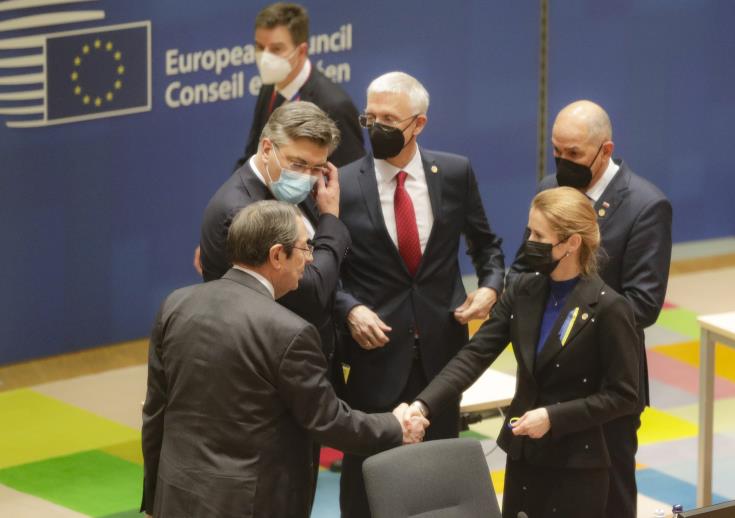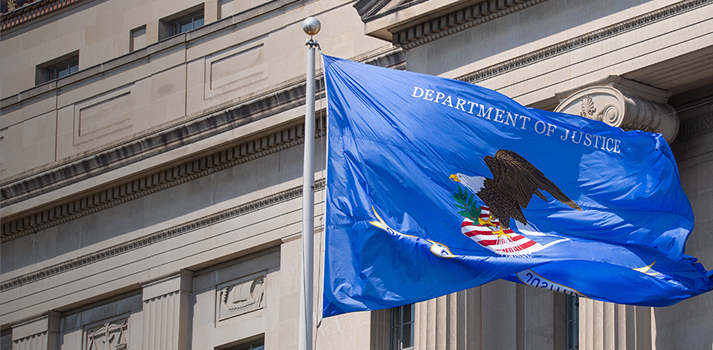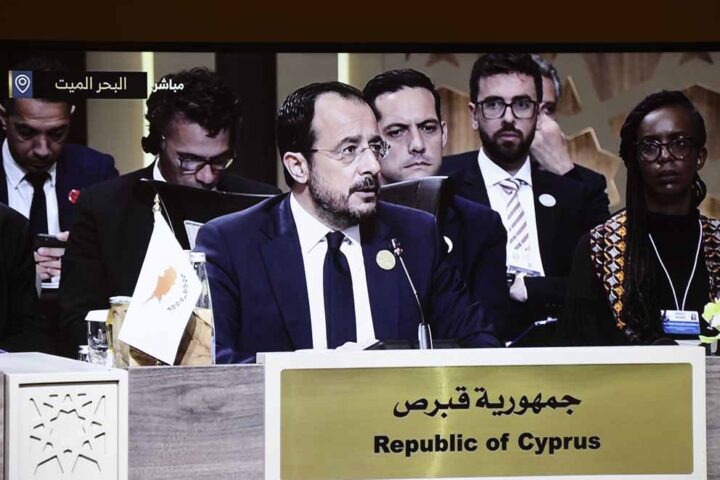Sanctions are ineffective; solidarity is non-existent, and you’re on your own.
This conclusion is as relevant to Russia’s invasion of Ukraine to instil a pro-Kremlin regime change in Kyiv, as much as Turkish President Erdogan’s playbook on “how to deal with the Cyprus issue”.
Even as European leaders try to show a united front, considering the sovereignty violations are on the EU’s doorstep, talk of sanctions is just that, with no impact, and Vladimir Putin knows it.
He has dug into his trenches and built up a military, economic, energy, media, and social arsenal, all in full view of the West.
As harsh as they may seem, sanctions against Russia and Putin’s cronies in and outside the Kremlin will start to wane as front-line nations will also be impacted.
The subjects of the new Russian Empire will not be as hard hit as, say, those living in Ukraine and peripheral nations.
The same applies to worldwide trade. Shipping, an important backbone of the Cyprus economy, could be impacted by measures imposed on Russian-owned and Russia-trading vessels.
Let us not forget that with ship-management gaining ground in the island’s maritime hub, Russian and Ukrainian crews jointly account for about 14% of staff onboard all ships.
The EU has dragged its feet on gaining energy independence from the natural gas pipelines flowing in from the East.
It continues to dither because not all EU members are equal, and some have a greater say than others.
It is where the non-issue of solidarity comes in.
Addressing the Munich security forum last week, Ukrainian President Zelensky told it as it is – Russia had invaded Ukraine years ago, soon after the Maydan protests and the corruption-disgusted public toppled puppet President Yanukovych in 2014.
This was followed by implementing a plan to retake Crimea and create a security buffer with the West in full defiance of legitimacy.
Since then, Washington’s absence of a firm stance did not help either.
As long as Europe has no strong, unified military priorities, NATO will continue to determine the EU’s foreign policy (or lack of it) regarding the bloc’s eastern neighbours, stretching down to the Caucuses, Turkey, and regional hotspots such as Syria.
The hypocrisy of the EU’s solidarity with Ukraine without substantial assistance or enhancing Kyiv’s economic importance was first tested by Moscow during last year’s 44-day war in Nagorno Karabakh.
Putin pitted Azerbaijan against a weakened and isolated Armenia, only to intervene as a peacemaker and control yet another corner of the former Soviet empire he has been rebuilding.
Similar to what happened in Georgia when Tbilisi declared it would strike an alliance with NATO, much to the chagrin of the Kremlin and the devastating impact that followed.
Ironically, the ‘hybrid war’ in Artsakh engaged Ukraine on the Azeri side, with military support from Turkey and Israel.
And now that Ukraine’s involvement fulfilled its purpose, Israel and Turkey are warming their relations, making Kyiv expendable to them.
This explains why Ankara is hesitant to take sides between Russia and Ukraine while keeping NATO close.
Cyprus must learn from the current board-game scenarios.
It needs to bolster its foreign policy, build long-lasting alliances, and secure economic and energy independence.
Otherwise, overrunning the island will be a walk in the park.










